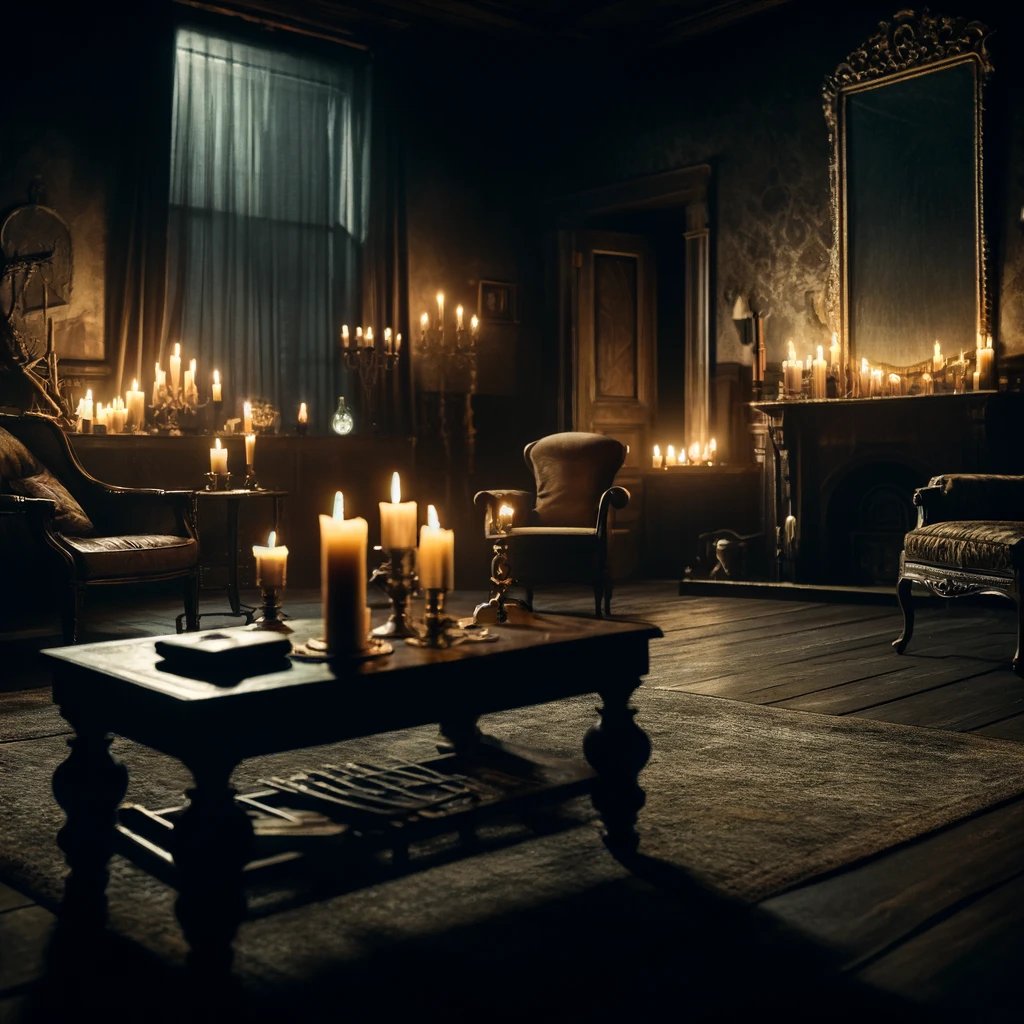Contemporary horror movies have ingeniously woven traditional supernatural elements into the fabric of modern societal fears, crafting tales that both haunt and reflect our times. Films like “The Conjuring” (2013) and “Hereditary” (2018) stand out as stellar examples of how the genre evolves while staying true to its roots in the supernatural.
The Ghosts of the Past: Traditional Elements in Modern Settings
Classic horror has always relied on supernatural elements such as ghosts, demons, and otherworldly presences. In today’s horror cinema, these elements are reimagined to fit into modern settings, creating a bridge between the eerie past and the high-tech present. This blend amplifies the uncanny, making the familiar feel strangely alien.
Modern Fears: A New Kind of Dread
Contemporary filmmakers use supernatural horror not just to scare, but to explore deep-seated anxieties about family, society, and sanity. For example, “The Conjuring” taps into fears of the unknown lurking within our own homes, while “Hereditary” explores the terror of inheriting inevitable doom from one’s lineage.
The Art of Suspense and Atmosphere
Much of the effectiveness of these films comes from their mastery of atmosphere. The slow build-up of tension, combined with expert use of sound and visuals, crafts an environment ripe for supernatural occurrences. The filmmakers’ ability to manipulate audience expectations plays a crucial role in the sustained suspense.

As the lines between the old-world superstitions and contemporary realities blur, modern horror films continue to terrify and fascinate. By redefining what scares us, these movies ensure the longevity and relevance of the horror genre.
